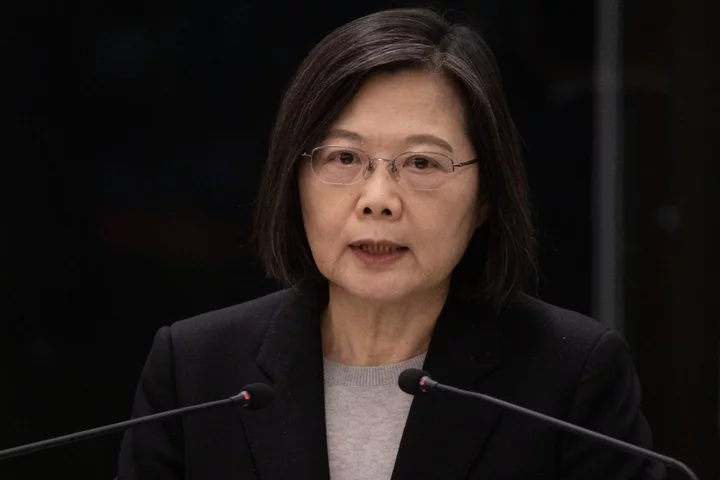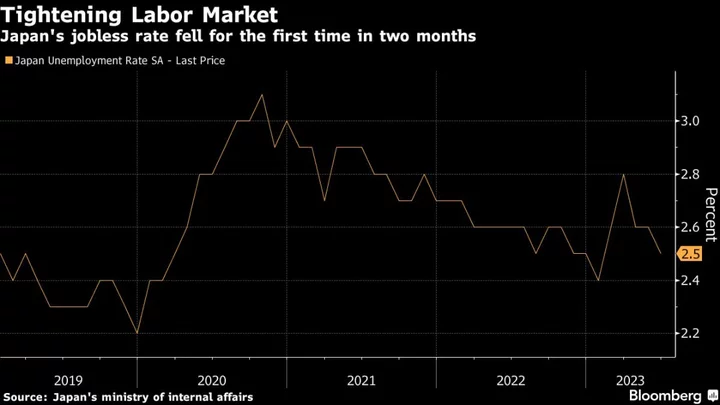China is pushing its regional power systems to quickly bridge regulatory differences in order to meet a 2025 deadline to launch a unified national market.
The National Energy Administration has asked two national power exchanges in Beijing and Guangzhou to finalize trading rules by June 2024 and to fix fragmented regulations in existing regional markets, it said in a consultation paper sent to industrial stakeholders earlier this week.
Industry media websites including Xiangnenghui published the paper before later taking it down. The National Energy Administration did not response to calls seeking comment.
A national power market is part of a broader strategy to liberalize China’s highly regulated energy system, a shift that has made slow and halting progress in recent years. More robust trading could help smooth the nation’s net zero transition by making energy storage more profitable and paying coal plants to be on standby to help balance out intermittent solar and wind generation.
China for years operated under a system in which local governments set prices that generators would receive and customers would pay. Regulators have been urging large users and utilities to negotiate power supply contracts directly, and in 2017 launched eight regional electricity markets to facilitate that. Since then, such transactions have grown from about 26% of total supply to 62%, according to the China Electricity Council.
Still, those transactions are mostly long-term and don’t account for daily or hourly fluctuations in supply and demand, said Peng Chengyao, an analyst with S&P Global Commodity Insights. With rapid growth in renewables leading to fluctuations in electricity supply throughout the day, regulators are letting pilot markets test hourly transactions in more provinces, she said, although they still account for only a fraction of total supply.
In Guangdong, which is spearheading the liberalization, spot power prices have fallen by more than a third from a high in early June to 411 yuan ($57.43) a megawatt-hour. That suggests the province’s efforts to build more plants and liberalize trading to fight a power crunch have paid off.
(Updates with Guandong power prices in last paragraph)









